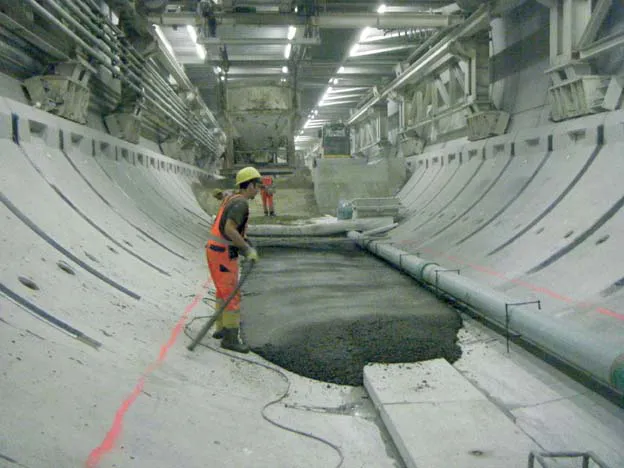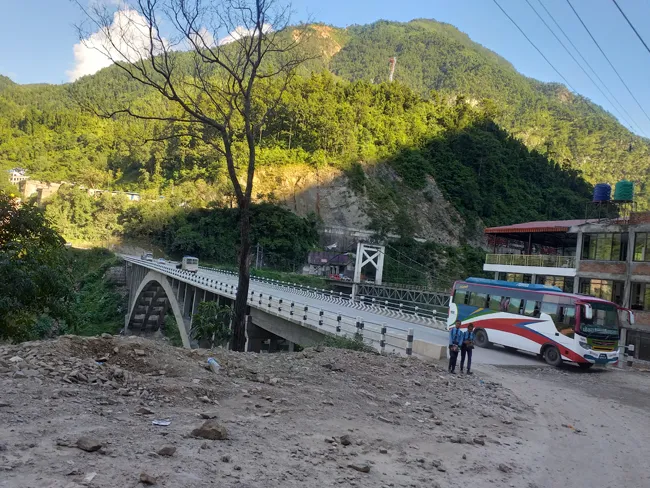A feasibility study is underway for the highway project to connect Colombia’s capital Bogota with the country’s second city, Medellin. The 427km route will be of major benefit to the country by cutting journey times between the two cities to around five hours. However the project looks likely to face serious challenges, particularly with regard to the topography of key sections of the route. Tunnels may have to be constructed to avoid some of the steeper climbs on the current route. Widening the existing ro
October 6, 2016
Read time: 2 mins
A feasibility study is underway for the highway project to connect Colombia’s capital Bogota with the country’s second city, Medellin. The 427km route will be of major benefit to the country by cutting journey times between the two cities to around five hours. However the project looks likely to face serious challenges, particularly with regard to the topography of key sections of the route. Tunnels may have to be constructed to avoid some of the steeper climbs on the current route. Widening the existing route to carry two lanes in either direction is not thought to be practical in some stretches.
Meanwhile the existing La Paz Bridge spanning the Magdalena River will likely have to be rebuilt so as to allow it to carry the additional traffic volumes and higher percentage of heavy trucks that will be expected on the upgraded route. One of the proposed alternatives for the project would require tunnel stretches of 4-7km long, which would increase the total cost of the project.
Meanwhile the existing La Paz Bridge spanning the Magdalena River will likely have to be rebuilt so as to allow it to carry the additional traffic volumes and higher percentage of heavy trucks that will be expected on the upgraded route. One of the proposed alternatives for the project would require tunnel stretches of 4-7km long, which would increase the total cost of the project.








